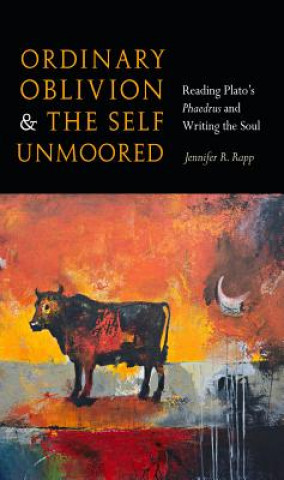
Kód: 02748985
Ordinary Oblivion and the Self Unmoored
Autor Jennifer R. Rapp
Jennifer Rapp begins with a question posed by poet Theodore Roethke: "Should we say that the self, once perceived, becomes a soul?" Through her examination of Plato's Phaedrus and her insights about the place of forgetting in a li ... celý popis
- Jazyk:
 Angličtina
Angličtina - Vazba: Pevná
- Počet stran: 224
Nakladatelství: Fordham University Press, 2014
- Více informací o knize

1736 Kč

Skladem u dodavatele v malém množství
Odesíláme za 12-17 dnů
Potřebujete více kusů?Máte-li zájem o více kusů, prověřte, prosím, nejprve dostupnost titulu na naši zákaznické podpoře.
Přidat mezi přání
Mohlo by se vám také líbit
-

On Marriage and Family Life
412 Kč -

House of Prayer
898 Kč -

On Foot Round Settle. by Geo. H. Brown ...
809 Kč -
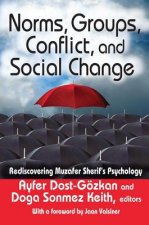
Norms, Groups, Conflict, and Social Change
5181 Kč -

Nondestructive Evaluation of Wood
1462 Kč -

Firedauber: The Firehorse Who Wouldn't Quit
302 Kč -

Advances in Communication, Devices and Networking
6578 Kč
Darujte tuto knihu ještě dnes
- Objednejte knihu a zvolte Zaslat jako dárek.
- Obratem obdržíte darovací poukaz na knihu, který můžete ihned předat obdarovanému.
- Knihu zašleme na adresu obdarovaného, o nic se nestaráte.
Více informací o knize Ordinary Oblivion and the Self Unmoored
Nákupem získáte 174 bodů
 Anotace knihy
Anotace knihy
Jennifer Rapp begins with a question posed by poet Theodore Roethke: "Should we say that the self, once perceived, becomes a soul?" Through her examination of Plato's Phaedrus and her insights about the place of forgetting in a life, Rapp answers Roethke's query with a resounding "yes." In so doing, Rapp offers a re-imagined view onto the Phaedrus, a recast interpretation of Plato's relevance to contemporary life, and an innovative account of forgetting as a fertile fragility constitutive of humanity. The crux of Rapp's account of forgetting and her re-reading of Plato is the idea that ordinary forms of oblivion in a life are essential for change, knowledge, and truer seeing beyond the self. Ordinary moments of oblivion both saturate and fissure a life, as well as make possible the decomposing and generative processes of reading required - and risked - by Plato's texts. It is through these processes that the soul becomes forged, such that, argues Rapp, the religious dimension of Plato's philosophy rests not in metaphysics but arises from the texts themselves. Building upon Socrates' suggested method of "forming an image of the soul through words" Rapp documents the vibrant, boundary-blurring images of the soul in the Phaedrus to illustrate how Plato's conception of the soul is not narrowly dualistic, but pliantly construed in a way befitting our porous nature. Rather than being hopelessly incongruous with the modern concern for the subject, Plato stands as a potent resource for engaging impasses in the contemporary discourse of selfhood. Drawing upon poetry and comparisons with other ancient Greek and Daoist texts, Rapp brings to light overlooked features of the Phaedrus, disrupts long-standing interpretations of Plato as the facile champion of memory, and offers new lines of sight onto (and from) his corpus. Her attention to the Phaedrus and her meditative apprehension of the permeable character of human life leave our understanding of both Plato and forgetting inescapably altered, if not resolved. Unsettle everything you think you know about Plato, suspend the 20th century entreaty to "Never forget," and behold a new mode of critical reflection in which textual study and humanistic inquiry commingle to expansive effect.
 Parametry knihy
Parametry knihy
Zařazení knihy Knihy v angličtině Literature & literary studies Literature: history & criticism Literary studies: general
1736 Kč
- Plný název: Ordinary Oblivion and the Self Unmoored
- Autor: Jennifer R. Rapp
- Jazyk:
 Angličtina
Angličtina - Vazba: Pevná
- Počet stran: 224
- EAN: 9780823257430
- ISBN: 0823257436
- ID: 02748985
- Nakladatelství: Fordham University Press
- Hmotnost: 436 g
- Rozměry: 159 × 226 × 21 mm
- Datum vydání: 03. March 2014
Oblíbené z jiného soudku
-
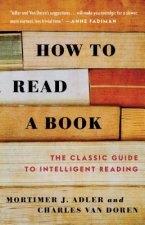
How to Read a Book
303 Kč -
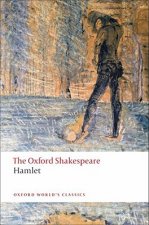
Hamlet: The Oxford Shakespeare
254 Kč -
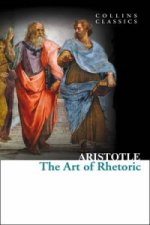
Art of Rhetoric
90 Kč -
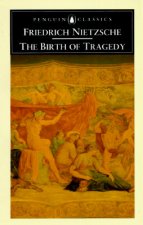
Birth of Tragedy
250 Kč -

Selected Essays
276 Kč -
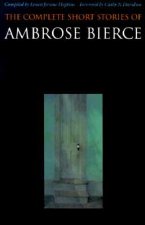
Complete Short Stories of Ambrose Bierce
493 Kč -

Serpent Power
519 Kč -

Moby-Dick
465 Kč -

Annotated Alice
306 Kč -

Nordic Noir
410 Kč -

Children's Fantasy Literature
669 Kč -
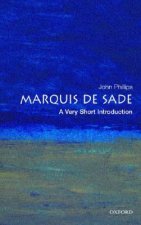
Marquis de Sade: A Very Short Introduction
227 Kč -

Mysteries of Udolpho
286 Kč -

Joseph Andrews and Shamela
226 Kč -
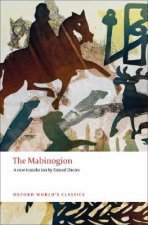
Mabinogion
276 Kč -

The Picture of Dorian Gray
182 Kč -

Consolation of Philosophy
276 Kč -
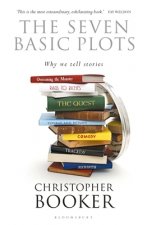
Seven Basic Plots
545 Kč -

Gulliver's Travels
170 Kč -

Life of Samuel Johnson
623 Kč -

Powers of Horror
977 Kč -

Road to Hel
1460 Kč -

Sejong Korean Student Book 2A - English Edition, m. 1 Audio
732 Kč -

Anna Karenina
218 Kč -

Wide Sargasso Sea
223 Kč -

Edda
240 Kč -

Finn and Hengest
250 Kč -
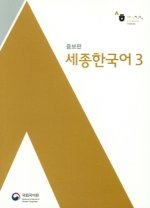
Sejong Korean 3, m. 1 Audio
680 Kč -
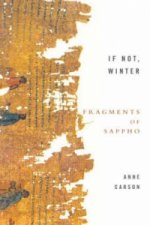
If Not, Winter: Fragments Of Sappho
464 Kč -

Africa's Tarnished Name
101 Kč -

Complete Poetry
197 Kč -

Captain is Out to Lunch
276 Kč -

Devils
268 Kč -

Two Treatises of Government
255 Kč -

Count of Monte Cristo
276 Kč -

Sejong Korean 2 (Korean+English Version), m. 1 Audio
680 Kč -

Moveable Feast
254 Kč -

Moveable Feast
276 Kč -
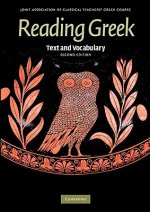
Reading Greek
946 Kč -

Dream Story
276 Kč -
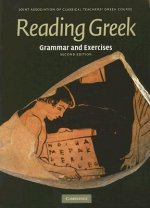
Reading Greek
1072 Kč -

Analysis of Donna Haraway's A Cyborg Manifesto
227 Kč -
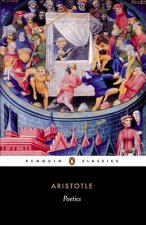
Poetics
276 Kč -

Selected Journals of Lm Montgomery Volume III 1921-1929
500 Kč -

Leaves of Grass
442 Kč -
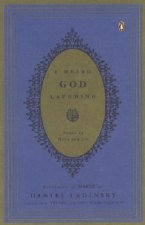
I Heard God Laughing
382 Kč -

Tragedy of King Richard III: The Oxford Shakespeare
234 Kč -
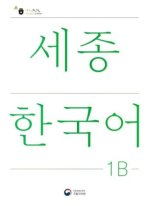
Sejong Korean Student Book 1B - Korean Version, m. 1 Audio
732 Kč -

Wild Ass's Skin
316 Kč
Osobní odběr Praha, Brno a 12903 dalších
Copyright ©2008-24 nejlevnejsi-knihy.cz Všechna práva vyhrazenaSoukromíCookies


 Vrácení do měsíce
Vrácení do měsíce 571 999 099 (8-15.30h)
571 999 099 (8-15.30h)